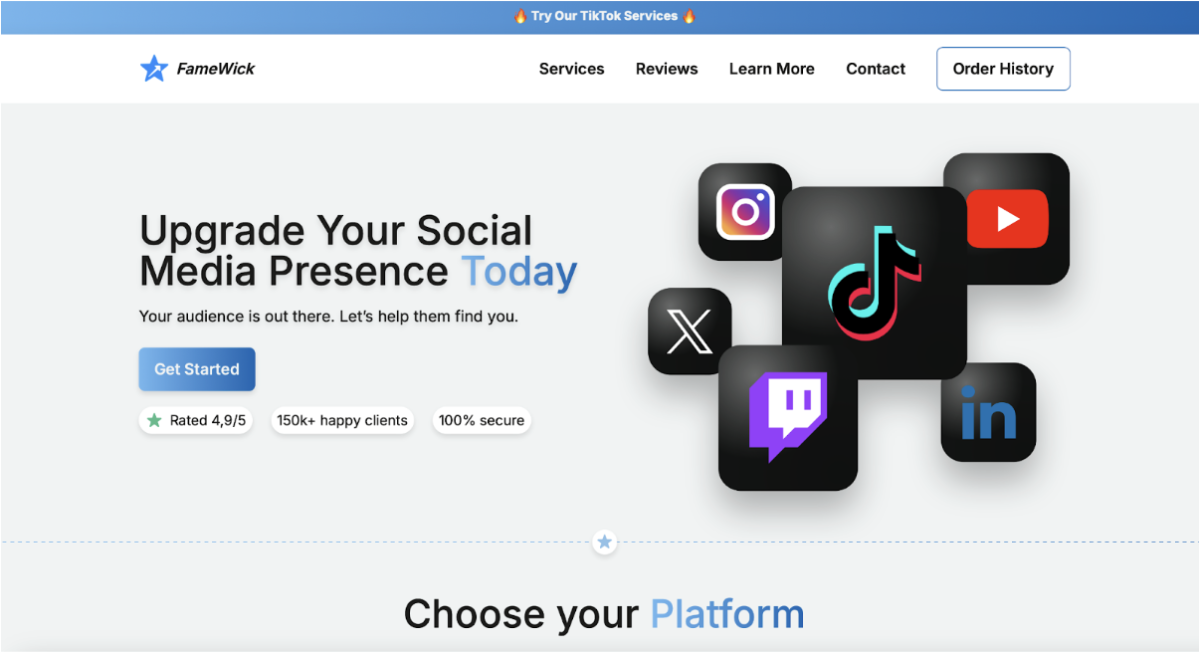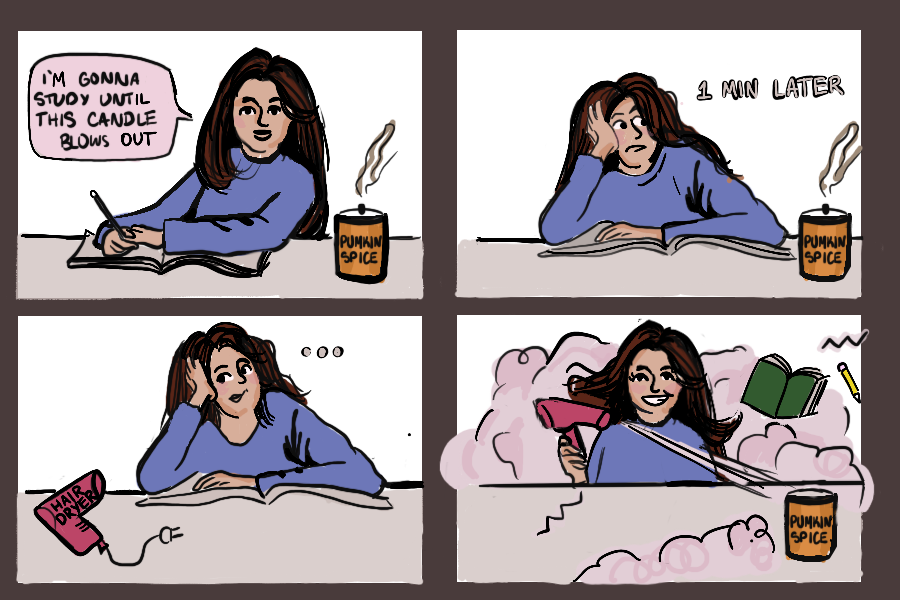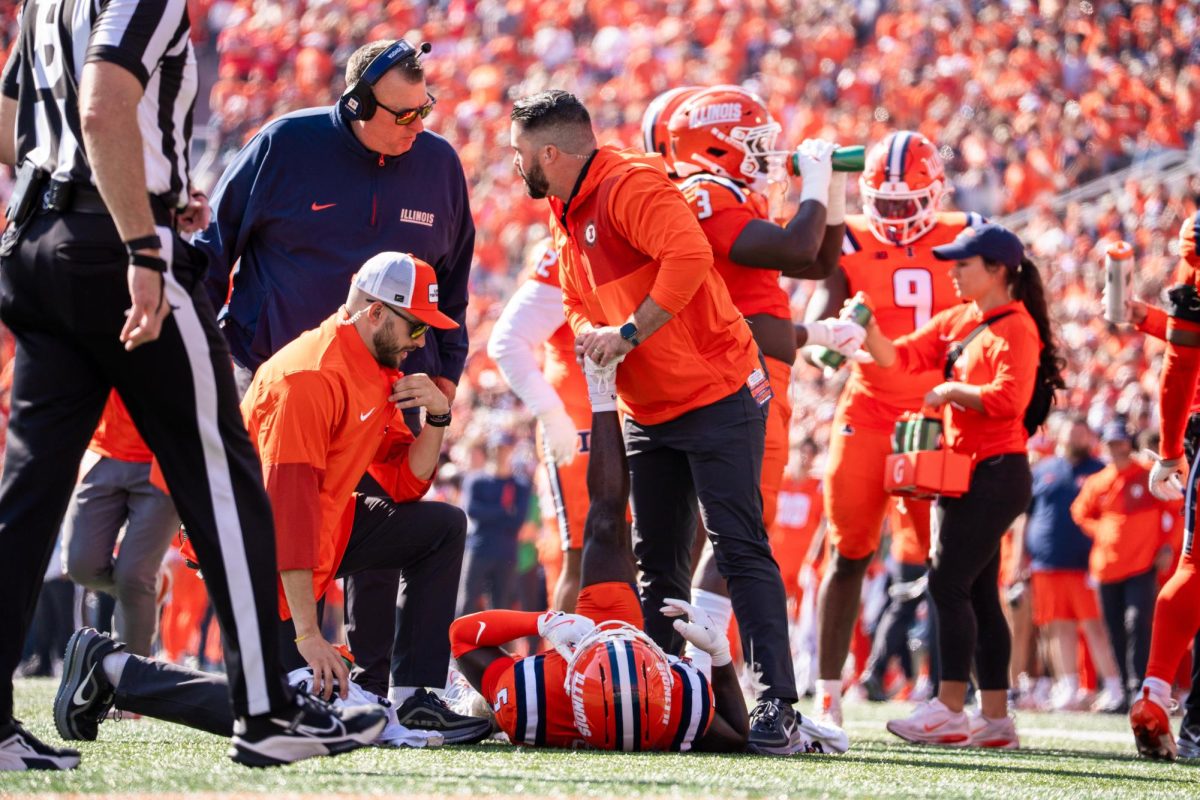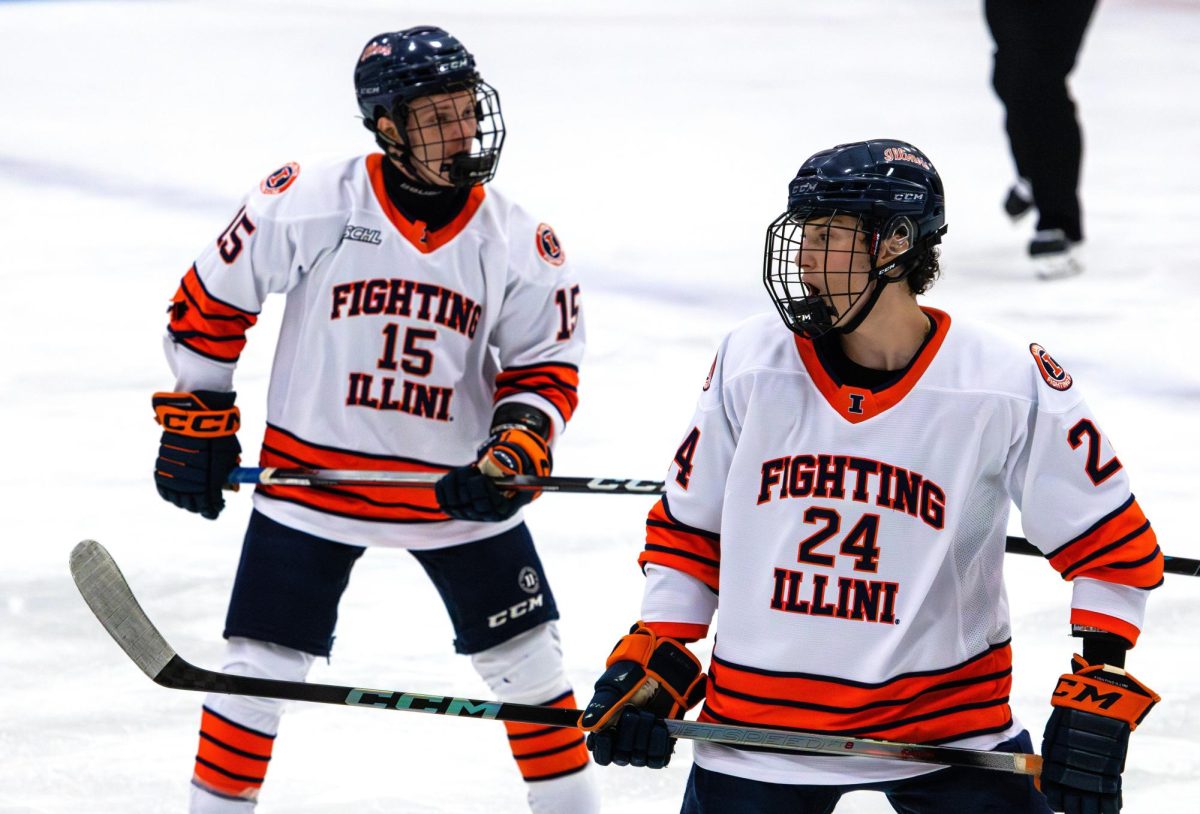The state of Illinois has moved to the forefront of pivotal changes in gambling regulations, capturing the attention of various societal sectors, including universities throughout the state. This surge in legal information for Illinois has sparked an engaging conversation around the impact of gambling laws on college life. Specifically, this includes critical legal details relevant to Illinois, focusing on the detailed regulations that control this age-old entertainment within state lines.
Navigating the Changing Landscape of Gambling Legislation in Illinois
Illinois has witnessed significant changes in its approach to gambling regulation in recent years, affecting businesses, the economy and social activities among college students. The introduction of new casinos and the growth of online betting platforms are reshaping the experience for many. For students and educational institutions, keeping up with these legal changes is crucial to understanding the boundaries of legal and ethical gambling activities.
The evolving landscape of gambling legislation in Illinois has far-reaching implications for college students. As many ask themselves whether Illinois’ gambling laws could change this year, numerous other new laws are coming into effect and the accessibility of gambling opportunities is increasing, students find themselves at the forefront of navigating this shifting terrain. From understanding the legal intricacies to recognizing potential and unwanted effects on their personal and academic lives, college students in Illinois face a unique set of challenges and considerations when it comes to gambling.
Legal Gambling Age and College Students
A key element in the gambling law dialogue is the legal gambling age in Illinois, which sets the boundary for student participation in gambling. For students drawn to gambling, understanding this part of the law is essential. Colleges often reflect state laws in their policies while providing additional guidance to encourage responsible decision-making and safeguard students. Examining how Illinois compares with neighboring states offers insights into the broader regional context affecting student choices and experiences.
The legal gambling age in Illinois serves as a critical threshold for college students engaging in gambling activities. While the law sets a clear boundary, the realities of college life often blur these lines. Peer pressure, social norms, and the desire for new experiences can lead some students to test these limits. Colleges and universities in Illinois have a responsibility to not only enforce the legal gambling age, but also to educate students about the potential risks and consequences of underage gambling.
Get The Daily Illini in your inbox!
Online Gambling and Student Engagement
The rise of online gambling has transformed access to betting for students, blending technology with gambling in new ways. This trend emphasizes the importance of responsible technology use and informed decision-making among students. Universities play a critical role in educating students about online safety and responsible gambling practices. As online gambling sites become more accessible, students must carefully navigate their engagement with these platforms.
The digital age has brought online gambling to the fingertips of college students in Illinois. With just a few clicks, students can access a wide array of gambling platforms, from sports betting to virtual casinos. This ease of access has raised concerns about the potential for increased problem gambling among college students. Universities must adapt their prevention and intervention strategies to address the unique challenges posed by online gambling, including providing resources for responsible gaming and promoting digital literacy.
Social Aspects of Gambling Among Illinois University Students
Within the lively social scene of college life, gambling activities can emerge as a significant component. From dormitory poker nights to casino outings during breaks, gambling takes on various forms in student life. Addressing the stigma associated with gambling and promoting an open dialogue are vital in fostering a supportive culture. Universities and student organizations are leading efforts to encourage responsible gambling behaviors and create an atmosphere of awareness.
Gambling often takes on a social dimension in the college setting, with students bonding over shared experiences and friendly competition. However, this social aspect can also contribute to the normalization of gambling behaviors and the pressure to participate. Illinois universities must foster a campus culture that encourages open and honest conversations about gambling, providing students with the tools and support they need to make informed decisions and seek help when necessary.
Student Perspectives on Campus Gambling Culture
Listening to students offers a direct view of how gambling laws and trends influence campus life. Illinois students share varied experiences with gambling, from occasional participation to considering it a serious pastime. These accounts highlight the importance of student-led initiatives in crafting university gambling policies, emphasizing a responsive relationship between student needs and institutional guidelines.
Looking Forward: Gambling Legislation and Its Impact on Campus Life
As the landscape of gambling laws in Illinois evolves, its effects on university communities are poised for change. Expected legal reviews may further modify student interactions with gambling. Student involvement in advocating for policy changes underlines the power of active engagement in influencing societal norms and laws. As discussions around gambling in Illinois continue, there are increased opportunities for students to shape the future of gambling legislation and its impact on campus life.








